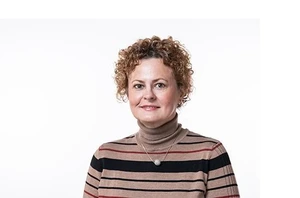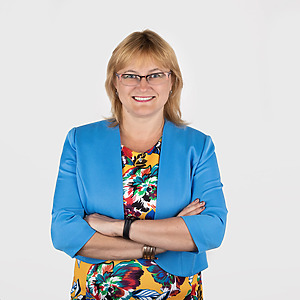Security is valued above all
According to the findings of the study, soviet and late soviet generations are more conservative and less open to change; these values have not changed much over time.
“These generations learned to socialise in an authoritarian system, which valued order, security and collective objectives above individual goals,” says Dr Mockaitis.
She adds that, although conservatism was the norm for soviet generations due to societal structures, the independent EU generation may have been influenced by the instability of a young democracy, which explains their inclination towards conservative values. Overall, conservative values have become more important for Lithuanians over the last 10 years; security remains the most significant value.
The conservatism of the older generations is expected, the KTU researchers maintain.
“As people grow older, they tend to value stability, security and traditions more – in other words, they become more conservative. At the same time, their desire to change and experiment decreases,” says Kumpikaitė-Valiūnienė.
She says that this is a natural psychological process, as consistency becomes more important with age. Self-transcendence, or caring for others and being altruistic, also increases with age – people tend to value interpersonal relationships and community spirit more.
Similar values in the region
According to the researchers, the value dynamic in Lithuania is similar to that observed in Latvia, Estonia and Poland – society is moving towards valuing individuality more than collectivism, and from material safety towards self-realisation. However, differently from Western Europe, the modernisation of values is slower.
“Historical experiences such as occupation, independence and identity change have shaped generations that are more sensitive to and cautious about change than people in, say Scandinavian countries. As the level of trust in institutions is relatively low, people rely more on personal and family values, which is another source of conservatism,” says Kumpikaitė-Valiūnienė.
On the other hand, the westernisation of values is more prominent in Lithuania than in the neighbouring post-soviet countries, which were left out of the EU integration, such as Belarus, Moldova or, partly, Ukraine.
According to the researchers, it is expected that Lithuanian society’s values will continue to shift towards individuality, globality and conscious life choices.
“We expect that psychological well-being and harmony, social and environmental responsibility, inclusion and diversity, and the integration of technology into everyday life will become increasingly important. This will change attitudes towards work, education, and even the family model,” says Dr Kumpikaitė-Valiūnienė, Chief Project Researcher at KTU’s School of Economics and Business.
The above-described study is part of the research project “Research of the system of values and pull factors of the Lithuanian emigrants in host countries”, funded by the Lithuanian Research Council, Grant number S-MIP-23-115. The paper can be accessed here.




